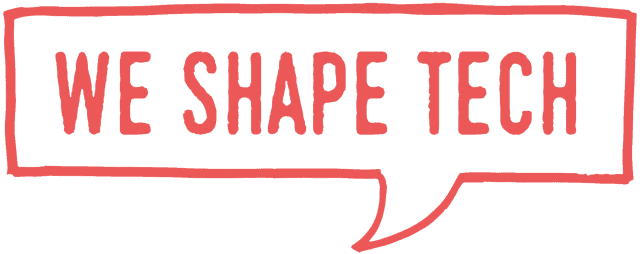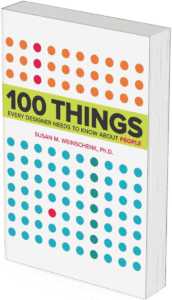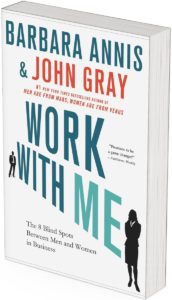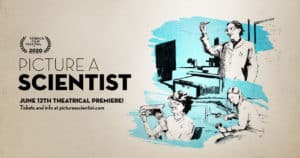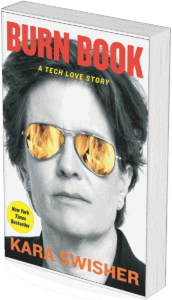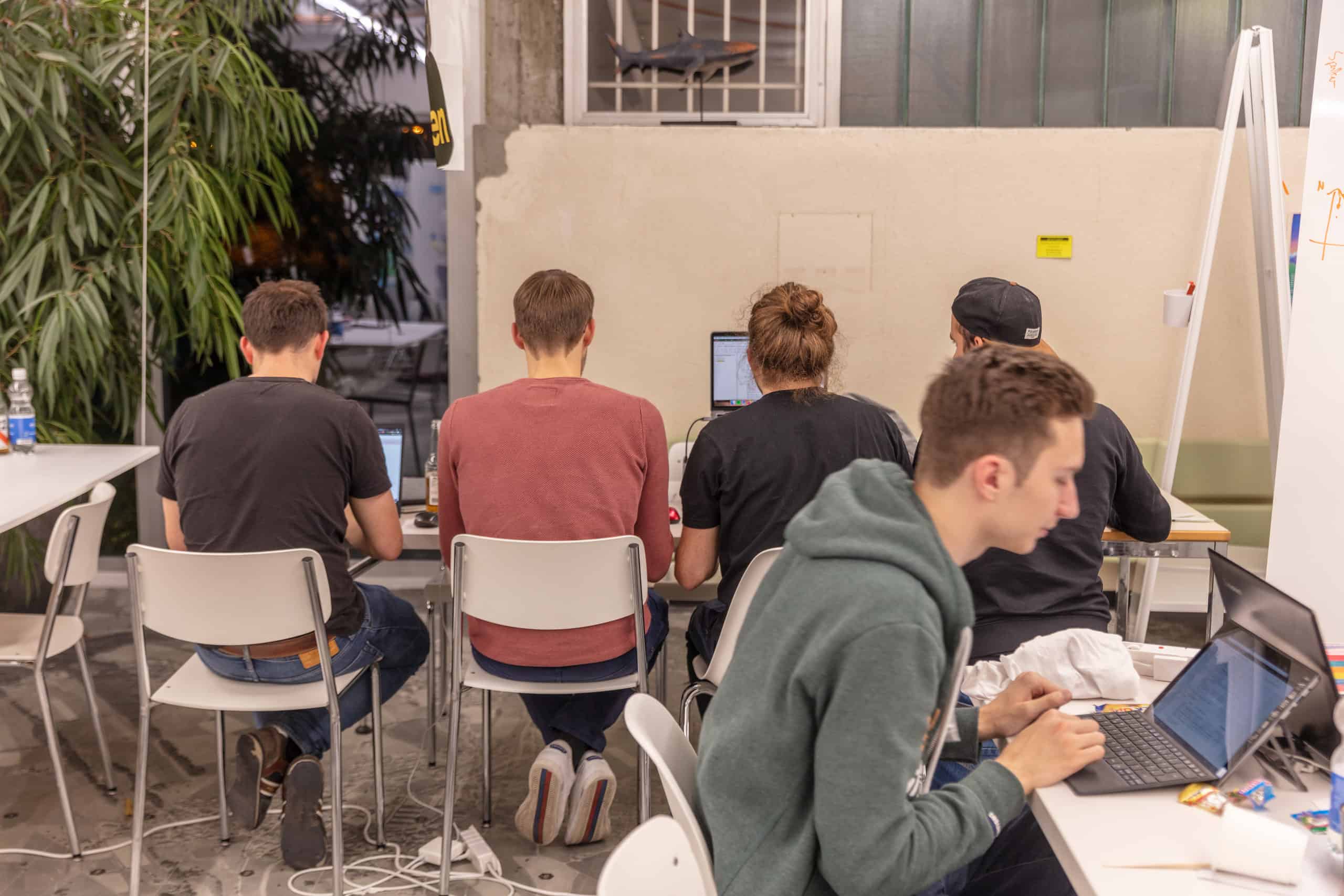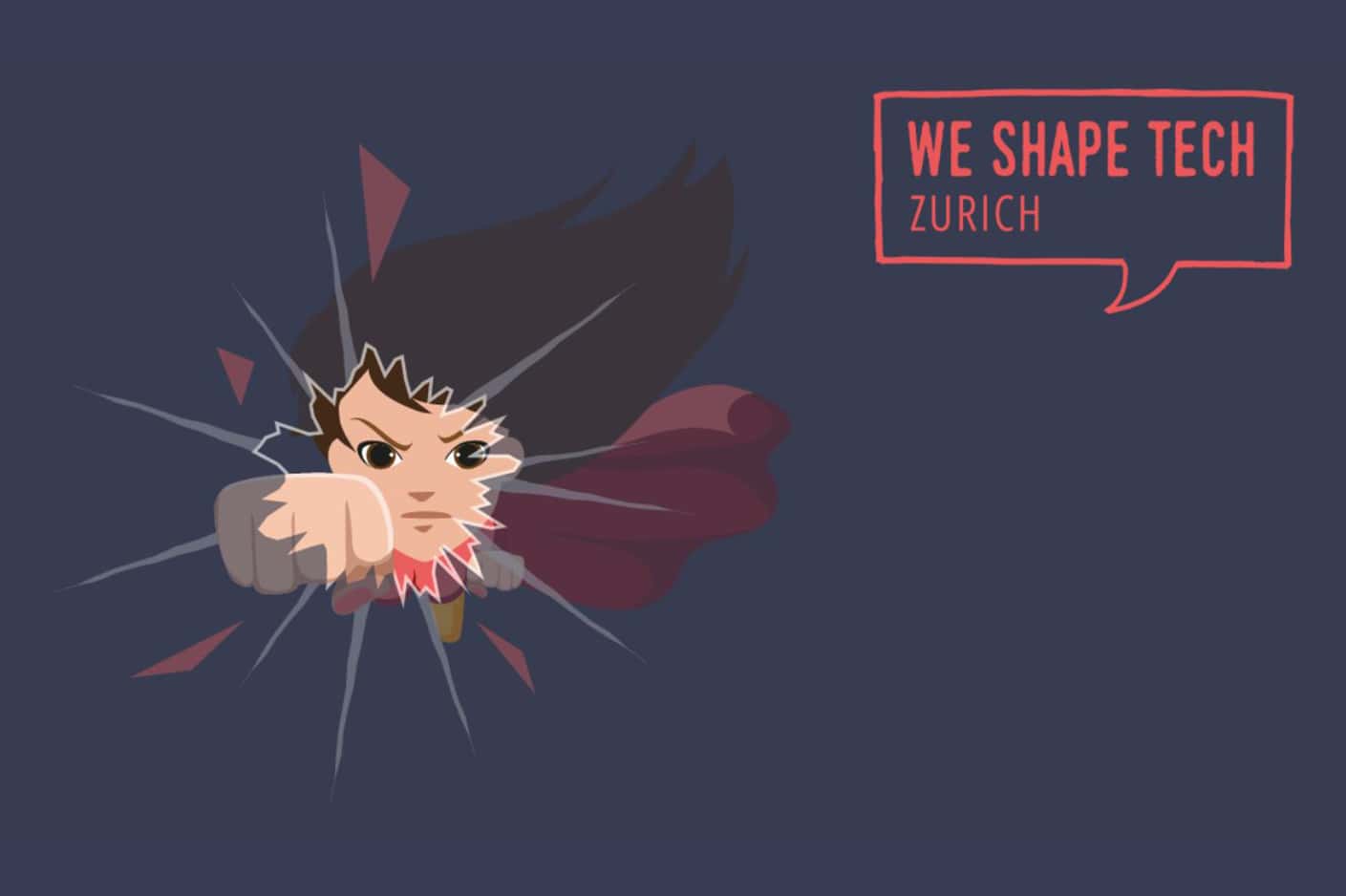Every month we ask one individual in our network a few questions about their way into tech, their motivation and their lessons learned.
Let’s start from the beginning. Tell us about where you’re from!
I am from a non-traditional Korean music family! My parents came with their music band to Switzerland since their LP producer was based in Bern, and since at that time entertainment in discos changed from live bands to DJs, my dad got a work permit as a permanent DJ at a hotel. My parents settled here and I was born and raised in Switzerland in a small village in Aargau and stayed there until I visited high school at the Alte Kantonsschule Aarau (Wirtschaftsmittelschule).
The most memorable aspect of my upbringing was the fact that the school was a very diverse space in terms of values, which I appreciated as it was very different from the strict Korean dogmas and expectations. It may sound a bit strange, but I learned a lot from my fellow teenagers in terms of beliefs and values. In the ages between 12 and 16 I was basically submerged and surrounded by hippies, metal heads, skateboarders, sprayers, gamers, grunge lovers and punks. It is when I learned how to listen, reflect, debate, and agree to disagree.
What valuable advice did you get from your parents?
My parents always had to hustle multiple jobs to make a living, as musicians touring around the world and then working here in Switzerland. Interestingly, they wanted us to become “productive members of society” and not necessarily strive for a free-spirited life of adventures as they had themselves in the past. I think what I have learned from them is: Nothing comes for free; you have to improvise every life lesson you run into and you’ll need to work hard to achieve fulfilment in life.
How did you become interested in tech?
I think as a (PC) gamer, one develops a natural affinity to tech and where I grew up, all gamers were programmers and built their own hardware. And yes, we also organized LAN parties back in the days. That affinity definitely boosted my confidence when I started to work in Reporting & Analytics at Swiss Re in 2009. Back in the days, I learned a lot on the job how to perfect business requirements engineering and handle large data sets. We built automated dashboards and cockpits, so developing a concise UI/UX experience was an integral part of the success of our solution.
You went from corporate to startup and ended up in Digital Ethics – tell us more about that.
After working such a long time in data analytics, project management and corporate strategy in a large corporation, I decided to seek more entrepreneurial experiences outside the financial services industry. I briefly joined a startup i.e. an ETH spin-off that is developing augmented reality solutions for the construction industry. My previous experiences in go-to-market strategies in the Asia Pacific region and running large scale projects came in handy and as an extrovert, I loved pitching in front of clients and investors and transforming leads into opportunities. There is true merit of being involved end-to-end from holding the pen in the ideation process to negotiating pricing with a potential client. And I would highly recommend it to all corporate veterans to switch up their environment and pursue a career change in a startup.
I explore various studies and courses in coding (IBM Skills Network’s Professional Certificates) and social studies / ethics since I always felt very passionate about these topics during my 6 years working as a reporting and analytics specialist. Especially in responsible AI, I was convinced that the application of new technologies, specifically machine learning and artificial intelligence, is subject to basic ethical principles, yet the fundamental guidelines and governance frameworks are currently immature and must be further debated with all stakeholders.
After a few hackathons, I am now enrolled for a part-time study in digital ethics at HWZ, which is designed for practitioners who have a job i.e. allowing a workload 100%. I have already written a paper last year on the “Ethical Debate of AI Voice Tech in the Gaming Industry”, and will hand in a new paper this year, most likely surrounding the topic of e-government in Switzerland.
You are co-president of BPW Club Zürich,the largest association of business women. At WST, we are committed to more diversity in tech professions. Do women “have it easier” in the business world or where do you see difference?
(Laughing out loud) I think it does not matter which sector or industry you are in, women or minority groups always face the risk of potentially being scrutinized harder than men. We at BPW believe in equal opportunities and status for women in economic, civil, and political life through financial independence. The following statement hit me hard, since I truly have experienced this myself at so many stages in life: Men are measured by their potential, whereas women and minorities are measured by their accomplishments and have to prove themselves harder to earn trust and recognition. I think the reasons for missing DEIB are multifaceted and trickle down from the curriculum of the education system to what kind of ideals are upheld by the general public.

E.g. women organizations forming strong allyship in the “Collective” and “AllianceF”.
It’s astonishing for example, in Switzerland, the role of a woman was still hardwired in the Swiss law (ZGB, Zivilgesetzbuch) and important aspects were only updated in 1988 after persisting against a Referendum by SVP and a male resistance of 52% at the voting in 1985. From 1907 until 1988 the ZGB article 161 stated “She (the wife) runs the household.” and article 167 states that the wife needs officially the husband’s approval to pursue commercial work.
Have you ever had a role model that inspired you on your path?
My first mentor Mirjam Stein, a governance and mental health expert. I was so impressed at a business meeting I had with her about transfer pricing (hardcore tax topic!) and immediately asked her afterwards if she could become my mentor. And of course, I have to mention Rosmarie Michel, our honorary member at BPW Club Zurich, one of the first women to be appointed to the board in the financial service industry in Switzerland and former vice chair of Women’s World Banking. Now in her nineties, she still advocates for female entrepreneurship, founded a think tank called “FEMALE Shift” and received the honorary award at SEF Swiss Economic Forum 2021.
What aspects of your work are you proudest of?
I think it is more the attitude and approach that makes me proud when I look at the work output and when I truly create value. If you would have asked me 10 years ago, it would have meant being a perfectionist always striving to exceed my own expectations. I would say my greatest traits today are my adaptability to the ever-changing environment and through my experiences I have become relaxed and able to navigate stressful situations. Do not get me wrong, I am still a hard worker. I just know now how to be smarter with the resources that are available to me.
What drives you at work?
I believe in 1+1=3. We are smarter together and I have experienced what it means to work in high performing teams – it is so much fun and there is a wonderful sense of purpose! To achieve this, clarity, unity, and agility are key, so this is what my aim is to achieve, whether it is at work or at my various board mandates at BPW Business & Professional Women. Ultimately, I have to be convinced that what I do somehow contributes to a better present and future.
What has been your toughest challenge you faced while working in tech?
I think we have to keep in mind that a solution – as sexy and well researched as the tech is – may not actually solve problems from a client’s / business perspective. Finding the right pricing model and formulating various go-to-market strategies still remain key challenges for tech startups and sometimes it seems easier to divert into finding more investors to stretch the runway than generating revenues. Both are important, but wearing my business woman hat, I truly think real success by pivoting the product-market fit is validated once you are generating recurring revenues – that should be the goal – and the faster the better.
Do you have a favorite book or podcast?
I am a hopeless fantasy and sci-fi lover when it comes to books and films! I grew up reading Yoko Tsuno by Roger Leloup, read Haroun and the Sea of Stories by Salman Rushdie in my teenage years and all books by Walter Moers from the Zamonien universe e.g. Die Stadt der Träumenden Bücher. Of course, Yoko Tsuno was somehow always someone I wanted to become: independent, self-sufficient, resourceful, and fabulous when encountering new/alien tech.
What advice would you give other women in tech?
Allyship is key, whether it is your boss, your colleagues, acquaintance, your friends, or family. Make sure that you stay connected also outside of your workplace, and maybe it is even worthwhile venturing outside of your Tech bubble from time to time. At least, that is what we advocate for at BPW (we are ca. 17K members in Europe from all kinds of industries). Diversity is important to challenge our own concepts of what we understand is true or correct, and to become more inclusive.
And what advice would you give women not yet working in tech that want to enter the field?
Personally, my approach is to get as much exposure as possible to a specific topic/content so that I grasp enough understanding to evaluate if this is a field/industry that I want to work in. By attending hackathons, workshops by organizations like Girls in Tech, attending conferences like Shift by Centre for Digital Responsibility and co-working mornings at Female Founder Initiative Switzerland at Impact Hub, I was able to pick so many smart brains and practitioners that helped me to shape my own path. I understood quickly that learning Python may be fun, but not really what I need as an additional skill set to push me further as a leader in tech. And of course, there is a more strategic approach: 1) Visualize your own competency and skills matrix, 2) evaluate if there is a specific industry that you prefer and where you want to work with, 3) then do your research on what kind of (tech) challenges that specific industry faces in the next 5-10 years. Once you understand the trends, you’ll be in a position to assess whether you see opportunities to play a part and what skills you’re missing currently to do so. 4) build a mini project plan with clear milestones, 5) execute.

